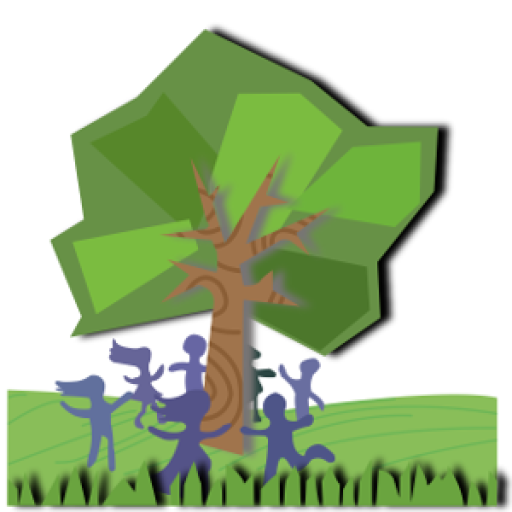
If you’ve been diagnosed with Bipolar Disorder, then I don’t have to tell you that you are dealing with one of the most challenging mental health diagnoses that exist. After Anorexia Nervosa, it’s the diagnosis in our field most likely to lead to death. Surviving the ups and downs of mania and suicidal depression, decade after decade, becomes harder and harder to do. Without help and a plan, it’s near impossible.
Then I just have to take my meds?
I don’t have to tell you that you are going to be in a lifelong course of learning how to manage Bipolar symptoms and take care of yourself. Or maybe I do. Living with Bipolar Disorder is not as simple as taking your psychotropic medication and you’ll be “just fine.” (Don’t you wish?) As anyone who takes medication for Bipolar will tell you, medication only does so much. YOU have to do a whole lot more than that if you are going to live a good quality of life and achieve your goals and dreams.
Back To Basics
Human beings can achieve their best quality of life if they make sure that they are attending to the basics in their lives. So what are the basics?
The basics are food, sleep, stress management, social connection, and having meaning in your life. If you are paying attention to these on a regular basis, chances are you will not get out of balance as often, get sick too much, or suffer from the things that reduce your quality of life.
Bipolar Basics = Basics x 10
f you are trying to have a good life managing Bipolar Disorder, then you have less “wiggle room” when it comes to the basics. You can’t ditch sleep. You can’t mess around with your nutrition and exercise program. You can’t isolate and withdraw from others. You can’t have a philosophy of life that is devoid of a greater sense of meaning. Well, I guess you can, but you’re going to pay for it… and you are going to pay a lot more than someone who is not diagnosed with Bipolar.
Dos and Don’ts
DO find the best psychiatrist you can afford. Your partner in medication management is going to be a huge factor in how well you are able to function and with the fewest and most livable side effects.
DON’T self-medicate with drugs or alcohol. It cancels out the benefits of working with a good psychiatrist, and you will always end up feeling worse.
DO educate yourself about nutrition and exercise. Both have significant effects on brain functioning, and the changes you can make in these areas give you the most positive outcome for the least investment, hands down.
DON’T neglect your friends, your community, or your spiritual path. These are all aspects of your life that will help you in the difficult times, be with you in the good times, and keep you steadier and more stable.
DO work with a psychologist or therapist. Coping with Bipolar Disorder affects every aspect of your life, and you deserve to work with someone who understands this and wants to help you cope with that.
“Clear your energy, honor your rhythm, live your vision ”
George Denslow, Living Out of Darkness: A Personal Journey of Embracing the Bipolar Opportunity
Resources, resources…
Two websites that give you accurate and honest information about living with Bipolar Disorder are Living Manic Depressive and Bipolar Burble. I encourage you to check them out. There are also amazing blogs being written by people living with Bipolar Disorder… maybe you could be one of them? You have my utmost respect if you are living with Bipolar Disorder. Yours is a more difficult path to walk, and I appreciate your willingness to continue to do so so that you can offer your unique contributions to the world. 🙂
Dr. Anita Sanz, PhD, Psychologist
- Life Planning (5)
- Therapy (43)
- Anxiety (11)
- Depression (16)
- On The Couch (16)
- Well Being (59)
- Health (10)
- Holidays (7)
- Life Hacks (20)
- Relationships (13)
- The Big Picture (9)
